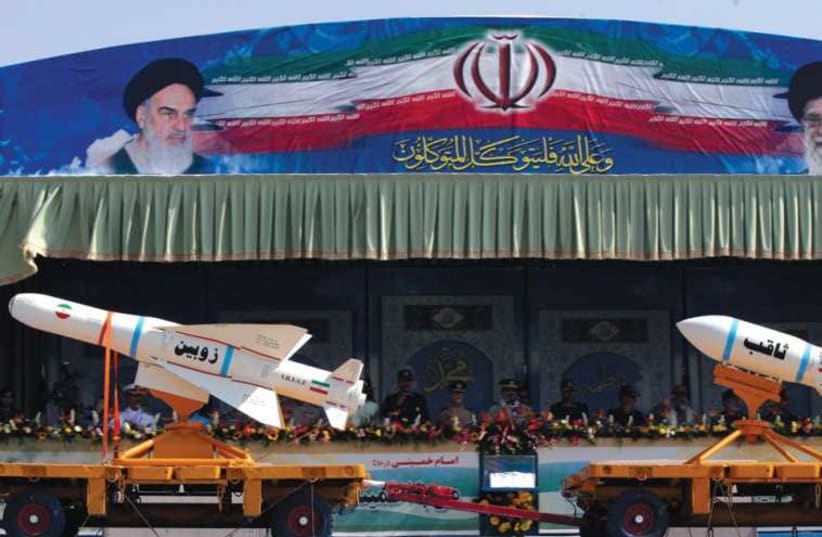Sources: US enforcement of Iran arms embargo slipped during nuclear talks
US government has pursued far fewer violations of a long-standing arms embargo against Iran in past year compared to recent years, according to court records review and 2 senior officials.
